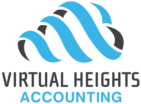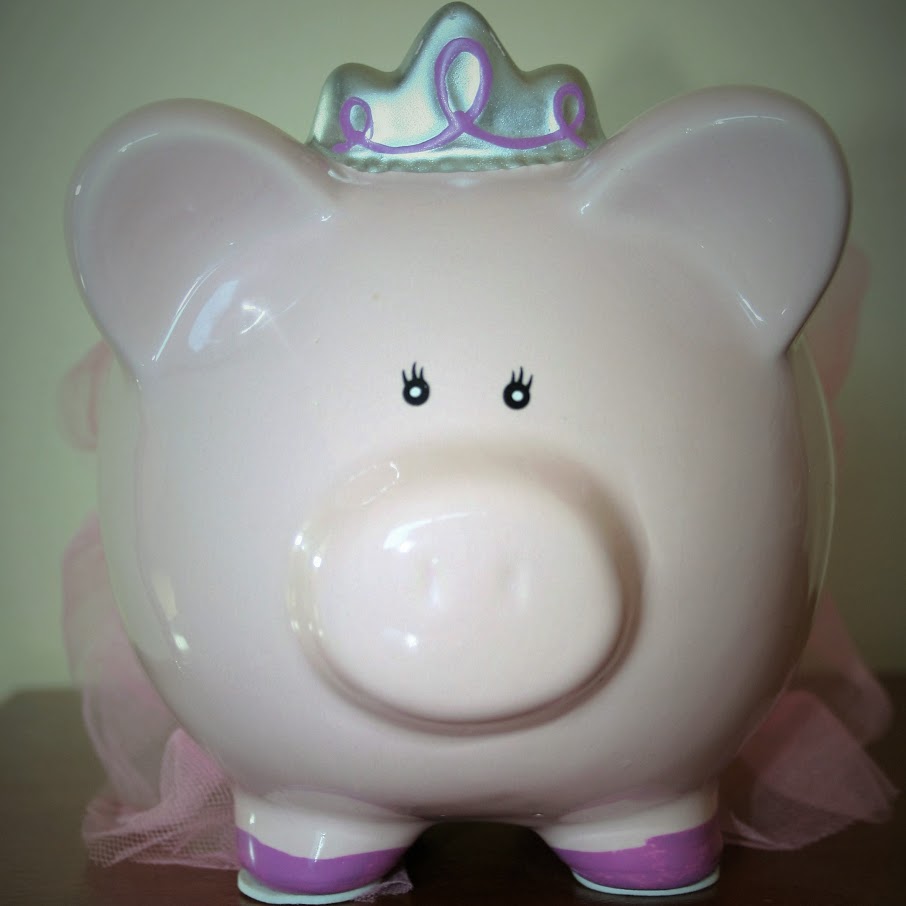4 Signs Your Bookkeeper is Costing You Money (4 min read)
By Alissa Bryden, CPA, CA
In public practice I get to review the work of a lot of bookkeepers. I am constantly asked by clients for a referral to a bookkeeper. Unfortunately, the request is often met with silence as I rack my brain. It isn’t that I didn’t know any great bookkeepers, I did, but they often only took on so many clients. Then there were other bookkeepers that didn’t do a very clean job of the books. I didn’t want to recommend those ones, hence the pause in answering any referral request. The unfortunate thing is that often a business owner would not know their bookkeeper was not keeping the books clean until 1) We tried to complete the year end and racked up a big bill to fix errors or 2) Canada Revenue Agency came in for an audit and there was a big mess.
Here is a list that business owners can look for to see if their bookkeeper is doing their job. To be able to look for these items you need three things: the trial balance, a balance sheet and an income statement.
The List
1) Bank Reconciliation – The bank reconciliation is the most basic but important document to have completed correctly. Yet I have often seen bank rec’s that do not agree. When I do, I can guess (usually fairly accurately) that there will be a lot of adjustments. I have seen these types of adjustments cost business owners thousands of dollars at year end.
To check this ask your bookkeeper for the bank reconciliation. This is a document that shows the amount in your bank (per your bank statement) and reconciles it to what you have on the books. It shows any outstanding cheques and deposits that have been recorded in the ledger that have not yet cleared. Pay attention that the numbers agree and make sense. Don’t be afraid to ask questions.
2) Clearing Accounts – I always sigh and continue with apprehension when I see a clearing account. Clearing accounts can be useful tools in bookkeeping but often they are not used right. Clearing accounts should be able to clear within a short time period. They are meant as an account to hold a transaction for a day or two like the time between you dropping a deposit at the bank to when it shows on the statement. If you see a balance in a clearing account, then your bookkeeper should be able to tell you (to the penny!) what that balance is.
3) Capital Items – Have you discussed with your bookkeeper what a “capital item is”? A capital item is something you purchase that has long term value like a desk or a piece of equipment. Bookkeepers should be classifying these as assets on the balance sheet and not as expenses.
4) Reports – The last thing to look for is the income statement and balance sheet that you should already hold from looking at the first 3 items. My question is how often do you look at them / get them from your bookkeeper? If you are not seeing these reports regularly (at least quarterly if not monthly) then you are operating without having a clear view of where you have been. And if you don’t know where you’ve been how will you get to where you want to be?
This list is not exhaustive. It is short with purpose. These are four things you can check so you know. If they are not keeping clean books and your accountant is having to fix things that may be ok if the cost is lower than hiring a better bookkeeper. But you need to have an understanding of what’s being missed so you’re not unpleasantly surprised later with the big bill or a knock from the tax man.





